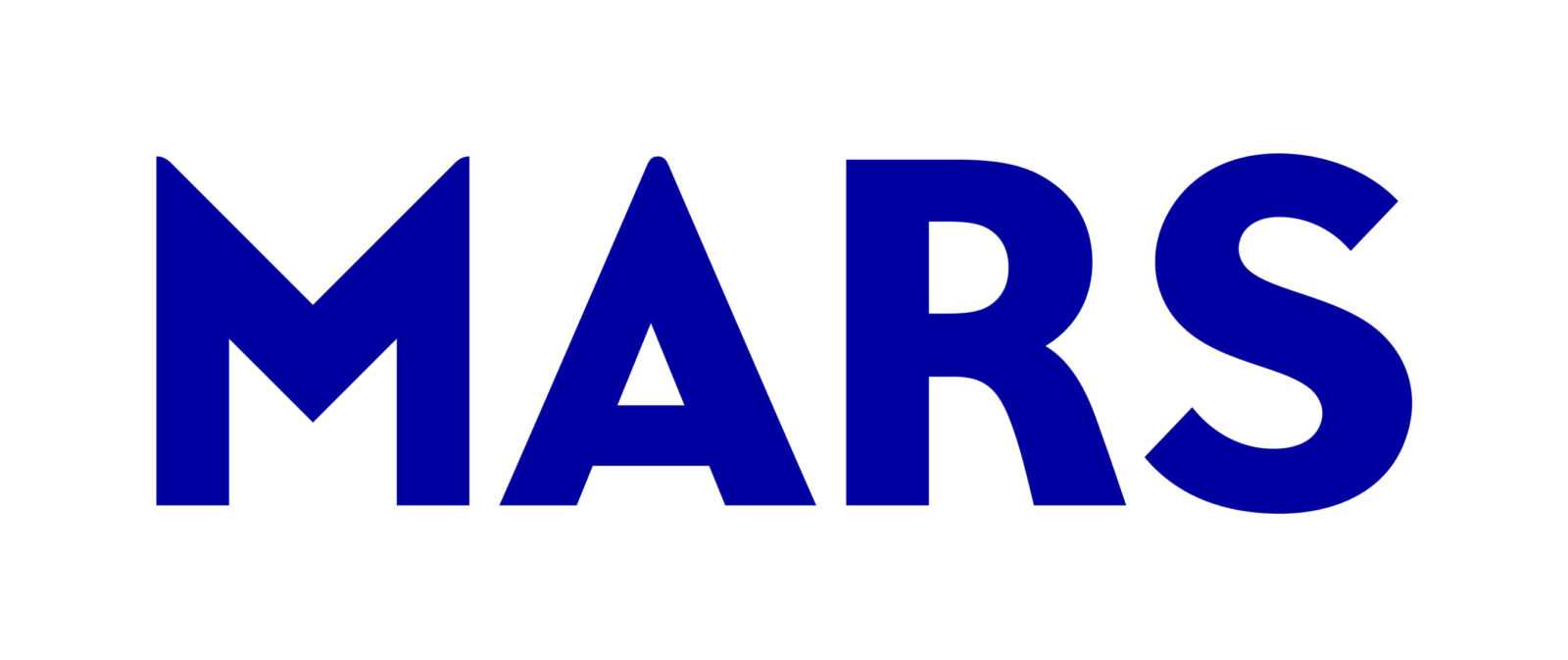MCLEAN, Virginia, U.S. — Mars, Incorporated announced its Palm Positive Plan has delivered a deforestation-free palm oil supply chain, a significant milestone in its efforts to tackle deforestation and advance respect for human rights. It comes as the world demands that global businesses take bold action to build a better, more equitable society and to address the systemic vulnerabilities and inequalities exposed by the COVID-19 pandemic.
The announcement is a result of Mars’ ambitious Palm Positive Plan launched in Sept. 2019. Under Palm Positive, Mars has radically reduced the number of mills it sources from, awarding longer-term contracts only to suppliers who can commit to its environmental, social and ethical expectations.
Through its supply chain simplification, Mars is taking its mill count from 1,500 to fewer than 100 by 2021, and is on the path to further halve that in 2022.
Grant Reid, Chief Executive Officer at Mars, Incorporated, believes a transformational approach will be critical in helping to tackle global environmental and social challenges.
“Supply chains – the engines behind global business – are broken. The pandemic has made this even clearer, highlighting the systemic vulnerabilities impacting supply chain communities and health of our planet as well as the urgent need for business to transform buying and supply strategies and practices. Business as usual will not drive the transformational change that’s needed.
“Business can – and must – be powerful change agents for social and environmental change in order to have resilient, reliable supply chains and a more equitable and sustainable world,” said Mr. Reid.
Creating shorter, more transparent supply-chains
Barry Parkin, Chief Procurement and Sustainability Officer at Mars, believes the radical transformation of its palm supply chain can be a blueprint and catalyst for sector-wide changes.
“For years, businesses have grappled with complex and opaque palm supply chains. It is now clear that this has not been enough to guarantee no deforestation or human rights issues. By radically simplifying our palm supply chain, partnering with a smaller cohort of suppliers and rigorously applying the three M’s of Mapping, Management and Monitoring we can eliminate deforestation and advance respect for human rights.
“The journey can’t stop here. We at Mars have reached a significant milestone — but in order to extend this impact beyond our own supply, we are asking our suppliers that they apply these principles to all the palm oil that they source not just the material they supply to us. Through this action, and if adopted by others, we can reach a tipping point to drive systemic change across the entire palm industry,” continued Mr. Parkin.
Mars uses satellite mapping to monitor land-use with third-party validation through its partnership with Earth Equalizer/Aidenvironment and this enables Mars to take evidence-based action to simplify and select the suppliers and mills it sources from.
One example is in its supply chain to its Asia-Pacific businesses, where Mars is now sourcing from UniFuji – a partnership between United Plantations and Fuji Oil – which has reduced operations from 780 mills to just 1. This has been achieved through a 1:1:1 model – which means that palm is grown on one plantation, processed through one mill and one refinery before reaching Mars.
Mars and UniFuji share a commitment to source in ways that are both good for people and the environment and has become the model upon which Mars has built its simplified supply chain, region by region, across the globe.
Advancing respect for human rights and improving smallholder livelihoods
This simplified supply chain has enabled collaborative, long-term engagement on human rights between Mars and its suppliers. In 2017, Mars engaged with its global human rights partner Verité and supplier Wilmar to explore how businesses across the palm oil supply chain can better understand, address and prevent human rights risks. The resulting case study of its collective findings was just published, and through this collaboration, Mars is supporting the creation of an open-source set of resources to aid companies to manage human rights issues in extended palm oil supply chains.
Collaboration on the ground with trusted partners is critical to creating a path for successful, sustainable smallholder farming and natural resource management. The business is also working to support smallholder farmers in frontier landscapes through active membership and funding of Earthworm Foundation’s Landscape Programme in Aceh to help form community-based conservation plans, build smallholder capabilities and provide alternative livelihoods. In 2018, Mars co-created the Coalition for Sustainable Livelihoods with Conservation International and other organizations. This Coalition aims to join up fragmented approaches within landscapes and jurisdictions to achieve scale. Mars also participates in the IDH Verified Sourcing Area steering group.
The Palm Positive Plan builds on Mars’ work with the Consumer Goods Forum to drive its theory of change, focusing on driving systemic change through supply chain management and expanding influence beyond its own supply. It comes as part of the business’ $1 billion Sustainable in a Generation Plan. Within this, Mars is working to stop deforestation and degradation in five raw materials identified as having the greatest risks for driving deforestation: beef, cocoa, palm oil, pulp and paper, and soy. Mars believes a deforestation-free supply chain in any of these raw materials requires ongoing Mapping, Management and Monitoring.
Justin Adams, Executive Director of the Tropical Forest Alliance, said: “I applaud the progress Mars has made in achieving zero deforestation in its palm supply chain. It is a testament to the hard work and dedication of the company over the last ten years and we need to see more companies embrace the logic of the three M model – map, manage, monitor – that they have laid out. But Mars’ success today also highlights the limits of individual leadership. We can only stop deforestation by working collectively in key production landscapes and across the entire sector. I am encouraged by their commitment to collective action both in landscapes and to the work of the Forest Positive Coalition under the Consumer Goods Forum.”
For further information on Mars’ Palm Positive Plan and progress, visit https://www.mars.com/about/policies-and-practices/palm-oil-policy.




















